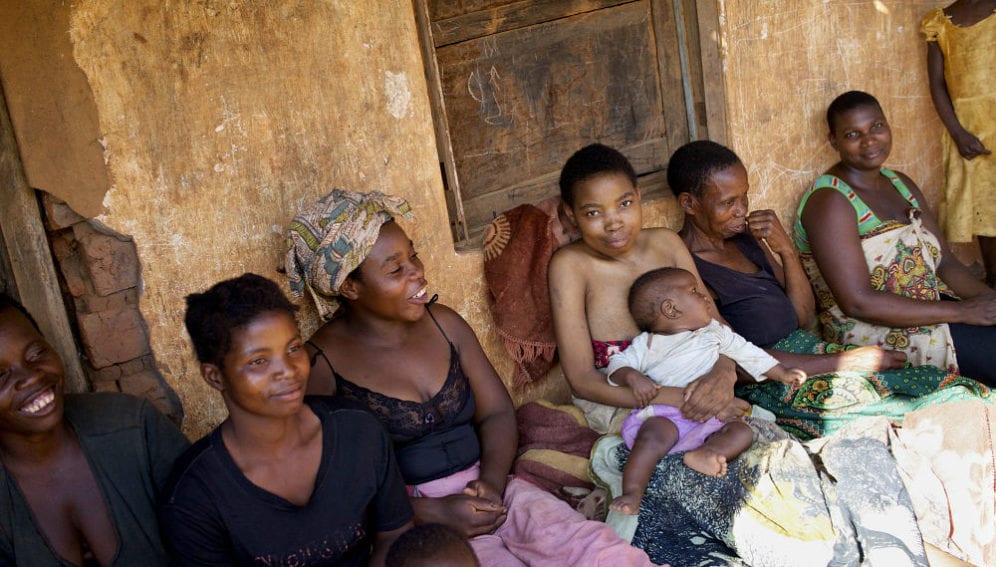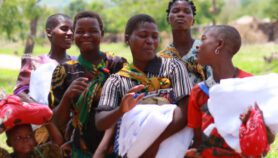By: Laura Owings
Send to a friend
The details you provide on this page will not be used to send unsolicited email, and will not be sold to a 3rd party. See privacy policy.
[CAPE TOWN] Genetic testing of breast cancer can help tackle the disease in Nigeria where patients at increased risk indicated low family history, a study suggests.
The study found significant mutations of two human genes—BRCA1 and BRCA2— that are implicated in breast cancer despite only six per cent of patients indicating a family history of breast cancer.
According to the US-based National Cancer Institute, about 72 per cent and 69 per cent of women with inherited harmful BRC1 and BRC2 respectively could develop breast cancer compared with only 12 per cent of women in the general population. Each child has a 50 per cent chance of inheriting the mutation.
“This is the first genomic analysis to go in-depth in an African country to reveal the root causes of breast cancer”
Olufunmilayo Olopade, University of Chicago.
The study examined cases of 1,136 women with invasive breast cancer and 997 women who did not have the disease between March 1998 and 2014 in Ibadan, Nigeria. Researchers aimed to determine the proportion of breast cancer resulting from inherited disease among Nigerian women by using a technique called genomic sequencing.
Among all patients with breast cancer, almost 15 per cent carried harmful mutation in a breast cancer gene whereas among those without the disease, less than two per cent carried such a mutation, said the study, which was published in the Journal of Clinical Oncology last month (21 August).
According to the researchers, “genomic sequencing to identify women at extremely high risk of breast cancer could be a highly innovative approach to tailored risk management and life-saving interventions”.
Their suggestion is in line with the WHO Human Genomics in Global Health Initiative and with the United Nations Sustainable Development Goals for 2015 to 2030. It is also a measure that could impact rising rates of cancer in Africa.
“This is the first genomic analysis to go in-depth in an African country to reveal the root causes of breast cancer,” says study co-author Olufunmilayo Olopade, director of the Center for Clinical Cancer Genetics and Global Health at the University of Chicago. “This should stimulate African countries into thinking about what they can do to tackle the emerging epidemic of cancer by using science that has been obtained on the continent. Gene testing and analysis is increasingly accessible allowing every African country to invest in genomic technologies.”
Adeyinka Falusi, study co-author and professor of haematology, University of Ibadan, Nigeria, in a statement by the University of Chicago last month (21 August), adds: “Coordinating our team of clinicians and scientists and community elders in Nigeria was no small feat but we got the job done despite resource constraints.”
According to Falusi, the lessons could be transferred to low-resource settings in other African countries.
But Melissa Wallace, head of research at the Cancer Association of South Africa, tells SciDev.Net that the cost of genomic sequencing “has to be weighed against the costs of breast cancer treatment that could be averted if family members were able to identify their risk early”.
In South Africa, for example, she says recently updated breast cancer prevention and control policy only allows for genetic testing of women whose family history meets the criteria for referral.
Noting the low per cent of patients with a family history of breast cancer identified in the study, Wallace says that examining family history alone is not enough. “Other risk factors such as age at diagnosis need to be identified,” she explains.
This piece was produced by SciDev.Net’s Sub-Saharan Africa English desk.














